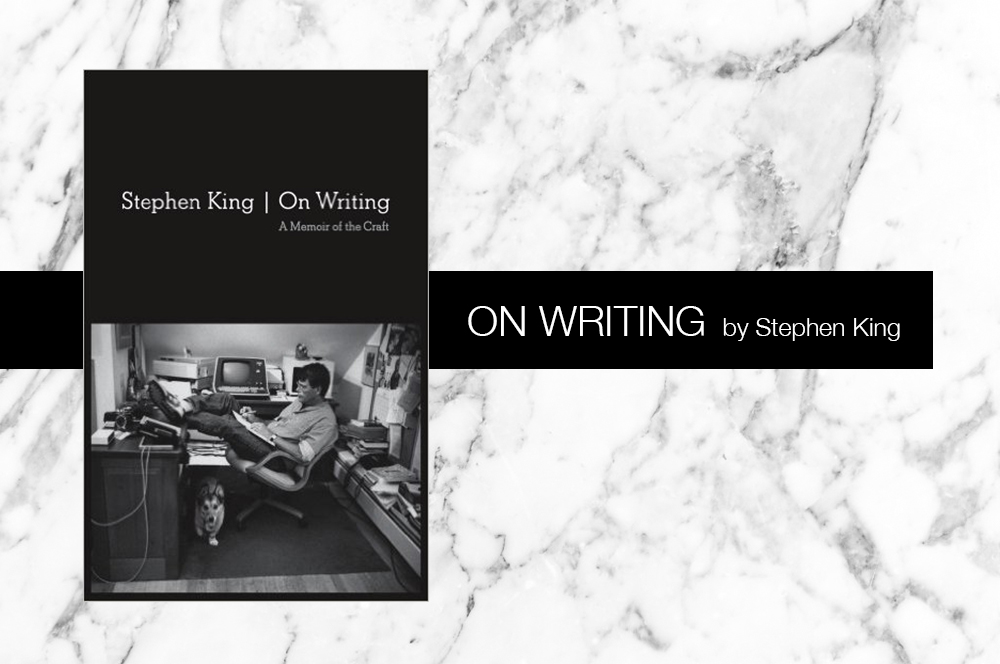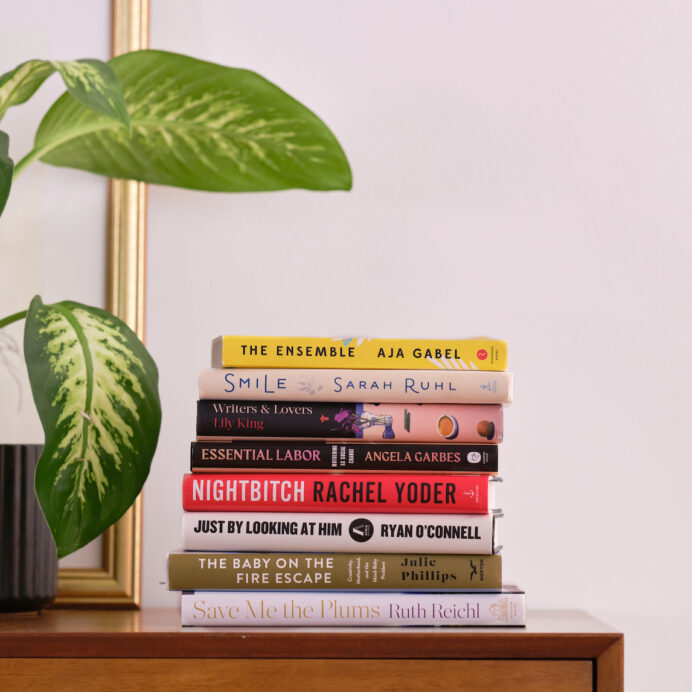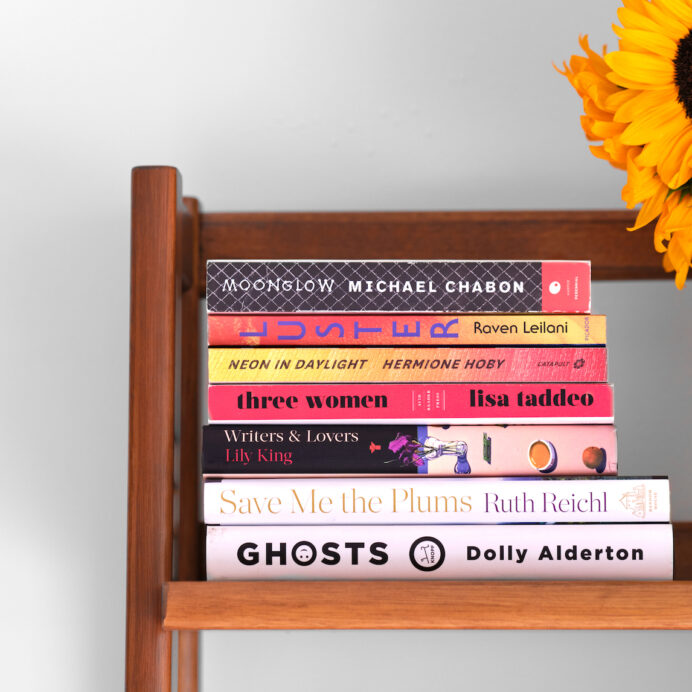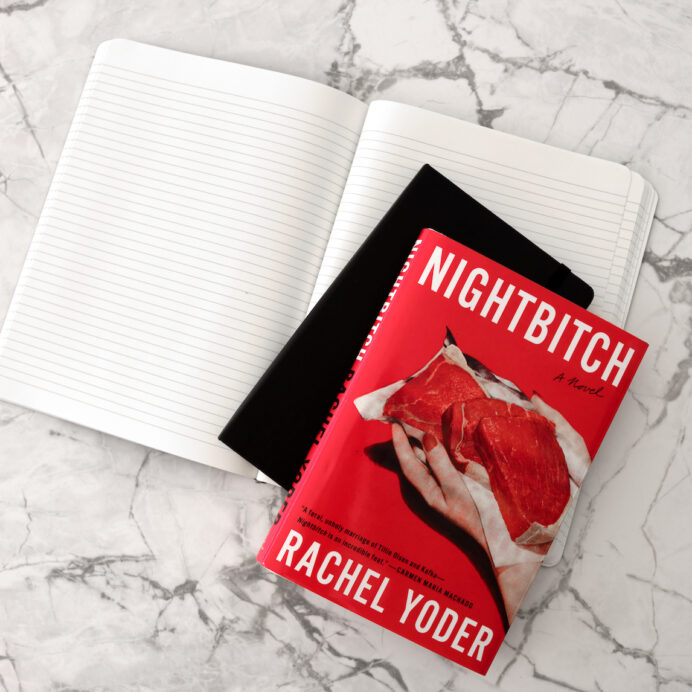Here’s one of the most enjoyable things about reading Stephen King’s memoir, On Writing—everyone else seems to have read it too. I often read in public spaces (coffee shops, airports, airport coffee shops…) with relatively few interruptions. This book, however, works like a universal ice breaker for amateur writers out in the wild. I couldn’t crack it open without someone exclaiming, “Oh I loved that!” And there was something cathartic about discussing the normally private process of writing, its struggles and victories, with others who can relate.
Stephen King, as it turns out, can also relate to the challenges of everyday writers like myself. I know this because On Writing reads more like a deeply personal, almost confessional, memoir about King’s relationship to writing. It begins with his upbringing in a financially unstable, single-parent household and follows the trajectory of experiences that shaped him into the writer he is today. He talks about rejection, perseverance, poverty, day jobs, overcoming addiction, raising a family, and writing through it all.
King tells his story in a witty, candid tone that’s both engaging and refreshingly self aware. The next section, which covers the mechanics and process of fiction writing, feels like an unwelcome interruption to King’s life story. In this down-to-business guide, he goes over the ground-level essentials of a good writing practice: know the basics of grammar, write honestly, write what you know, avoid clichés, “the adverb is not your friend (124).” Among other advice, he also gives a handy formula for editing: “2nd Draft = 1st Draft — 10%. Good luck (222).” This section gave me some helpful reminders from my Writing 101 days, but that’s about it—nothing groundbreaking.
King’s advice becomes more valuable in the third section, where he shares anecdotes from his own writing process. He talks about his personal challenges with writing, including overcoming rejection, fear of inadequacy, and writer’s block. He describes what it felt like to panic and loose his sense of direction while working on one of his novels and the epiphany that allowed him to move forward again, the “…sudden flash of insight when you see how everything connects.” For those of us who assume that successful writers must have a stone-cold, laser-focused approach to their craft, it’s good to know that Stephen King, like the rest of us, experiences writer’s block.
King also talks a lot about consistency. For instance, he quashes the misconception that writers, or creators of any kind, should wait for inspiration to strike before sitting down to work. “Don’t wait for the muse… Your job is to make sure the muse knows where you’re going to be every day from nine ’til noon or seven ’til three. If he does know, I assure you that sooner or later he’ll start showing up, chomping his cigar and making his magic (157).” It’s practical advice for writers who understand the mechanics fairly well but haven’t quite developed the discipline to sit down and write with any kind of frequency (a.k.a. me).
Like those passing exchanges I had with other writers, On Writing is valuable because it proved that King’s relationship to writing isn’t so different from my own. It’s reassuring to know that he experiences writer’s block, struggled to make a career of writing, and threw away manuscripts because he thought they weren’t good enough. And it’s reassuring to know that, through all of this, King kept writing for the pure joy of putting words to paper. He makes this clear in his romantic description of the craft: “Stories are relics, part of an undiscovered pre-existing world. The writer’s job is to use the tools in his or her toolbox to get as much of each one out of the ground intact as possible (163-164).”




